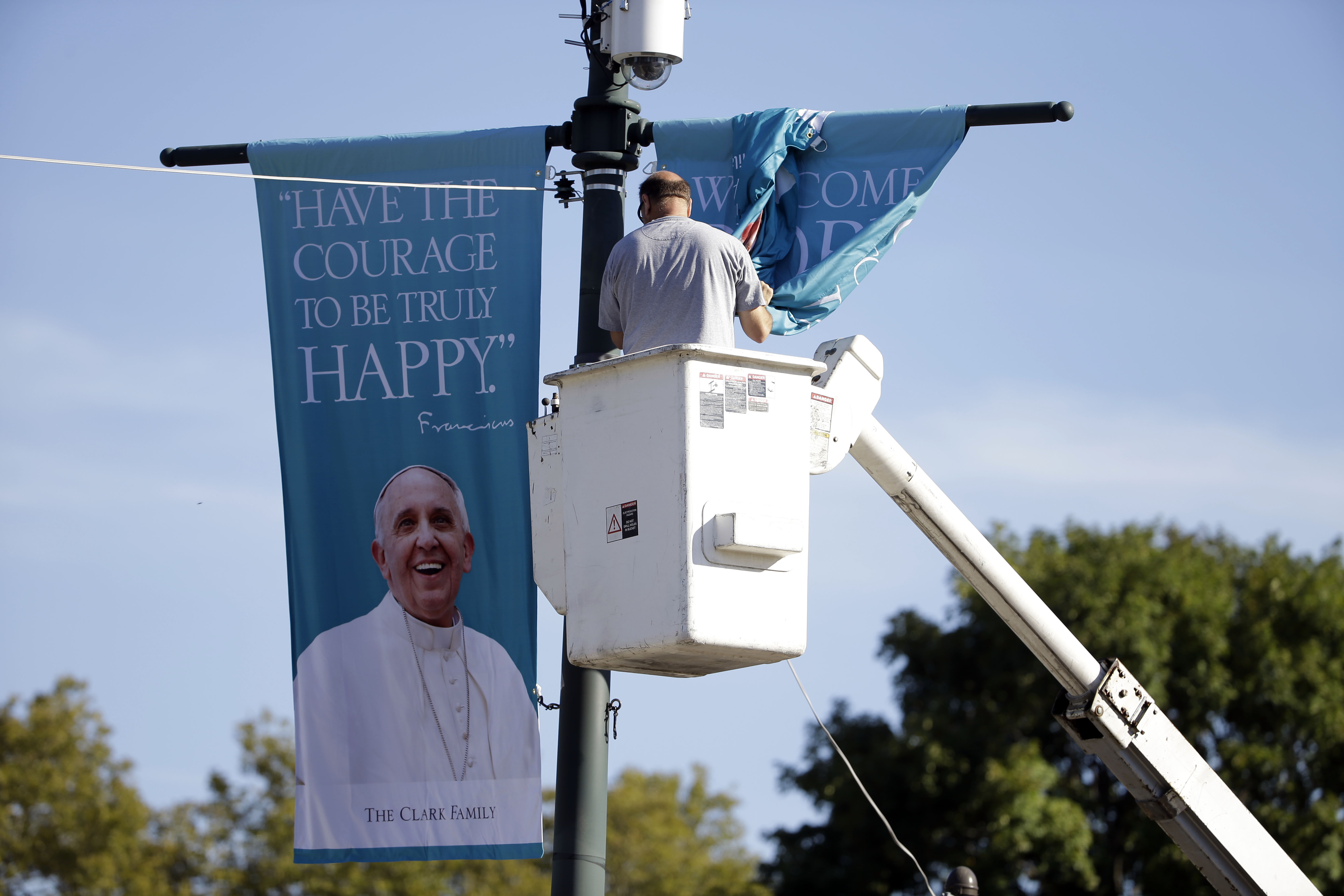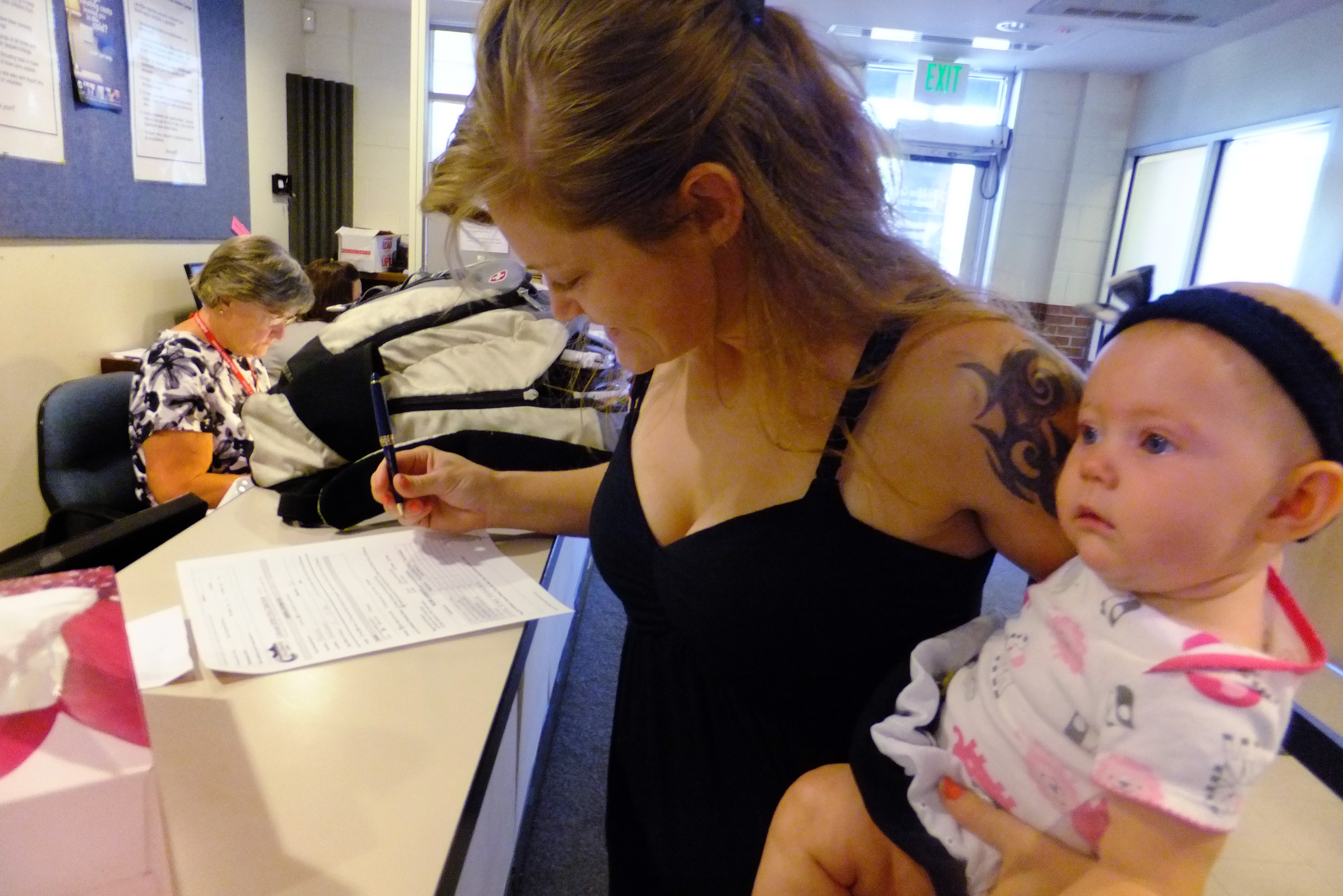“Our affordable housing issues are directly related to our progress. We developed areas that weren’t developed—we’re attracting a lot of people. When there’s more demand, the prices go up. That’s why it’s important that the government does what it can do in that marketplace.”
–Muriel Bowser, D.C. Councilmember representing Ward 4
Progress is certainly subjective.
While Washington, D.C. has indeed succeeded in attracting a lot of young, affluent professionals, its elected leaders have also presided over the loss of half of the city’s low-cost rental units. This decline in the availability of affordable housing has contributed greatly to a large increase in homelessness. Moreover, as the city’s residents and elected officials grapple with the housing issue, the voices of the homeless aren’t being heard.
Take, for example, the increase in homelessness which undermined the integrity of the D.C. shelter system. In 2010, there were allegations that male shelter workers at D.C. General Hospital were having sex with female residents. Residents complained that they were exposed to mold and forced to sleep in hallways due to overcrowding. In order to prepare for an expected 10% increase in the need for shelter, then-Mayor Adrian Fenty proposed an alternative—he wanted to covert the vacant Hebrew Home for the Aged into a family shelter. The Hebrew Home had housed Jewish retirees from 1925 to 1969. It was then purchased by the city and used for medical services for the homeless until 2008.
The Department of Human Services identified the Hebrew Home as the “best facility” to provide this alternative housing. But residents of the neighborhood resisted the proposal, and so did their representative on the D.C. Council, Muriel Bowser. Many residents claimed that it would negatively affect property values and public safety, and Bowser said that the neighborhood would have an “inordinate amount of group homes.”
Even though there was widespread knowledge about the troubles at D.C. General and the shortage of shelter space, the proposal to convert the Hebrew Home was defeated. The situation at D.C. General has deteriorated even further, with more overcrowding, and culminated in the horrific murder of an eight-year-old girl.
We can only wonder what might have been if the Hebrew Home had housed homeless families instead of remaining vacant in a time of crisis.
**
Four years later, the city once again has an opportunity to create much needed affordable housing at the Hebrew Home site.
On Tuesday, D.C. residents attended a community meeting organized and moderated by Bowser and offered their views on the still vacant site as well as the adjacent Paul Robeson School. Progressive organizations such as Jews United for Justice and the Petworth Action Committee support turning the building into 100% affordable housing. In contrast, Councilmember Bowser indicated her preference that the building also include market-rent units.
The meeting was heavily attended by affordable housing advocates, and the majority of speakers supported a large number of affordable units. However, there also remains an unyielding group of residents who want majority market-rate housing. Playing on stereotypes and fears about low-income people and public housing, this group is falsely claiming that the D.C. government has already pledged to turn the building into “public housing.”
Unfortunately, the City’s official “consultation system” gives more weight to the opinions of this group than to those held by low-income people. To gauge the views of the neighborhood, the District’s Department of General Services (DGS) employed an online survey instrument—Survey Monkey—that is inaccessible to many low-income people and seniors. It also didn’t restrict the number of times a person could respond. Although the government will also consider opinions expressed at community meetings, even those forums aren’t geared towards accessibility for all District citizens.
As Rob Wohl, a member of Jews United for Justice, told TalkPoverty:
“The way that the city does this consultation process is completely broken and easily hijacked. It’s a joke the extent to which the process privileges people who have access to whatever resources and free time. It’s rigged against low-income people, seniors, and people with families that can’t come. I’ve never been to a DC community meeting where there’s childcare. If this is our consultative process, it’s outrageous that they made no accommodations for poor families whatsoever.”
Despite the lack of outreach to low-income people, support for affordable housing for seniors and D.C. employees was high in the survey results. Kim, a resident who has lived in Petworth for over 45 years, commented:
“A lot of people aren’t concerned about the people who fought. Have you been over to the senior housing centers? They have a waiting list. What’s going to happen to the low-income people i.e. the seniors?”
Unfortunately—and likely due to the lack of input by low-income people—there was very little support for housing that would benefit homeless families and individuals. Even among the affordable housing advocates present, there was little discussion of the homeless, especially families living in D.C. General.
Repeatedly, the needs of the most vulnerable people among us have been minimized during the housing debate. To ensure that economic diversity is more than a talking point, city leaders must address the affordable housing crisis. The city should commit to more outreach to low-income individuals before any decisions are made regarding the Hebrew Home and the Robeson School.
Ultimately, the city should make sure that the public property it controls is used for affordable housing as opposed to simply selling properties to developers who are looking to profit off of predominantly market-rate housing. (Recent legislation, originally introduced by Councilmembers Bonds, Bowser, Graham, and McDuffie, would further this goal.) Despite concerns expressed at the meeting surrounding financing of the property, city officials and housing financing experts confirm that it is indeed possible to finance buildings comprised of 100% affordable units.
As one resident, Nina Marshall, put it:
“I hope we don’t blow this opportunity to build affordable housing in our community.”











